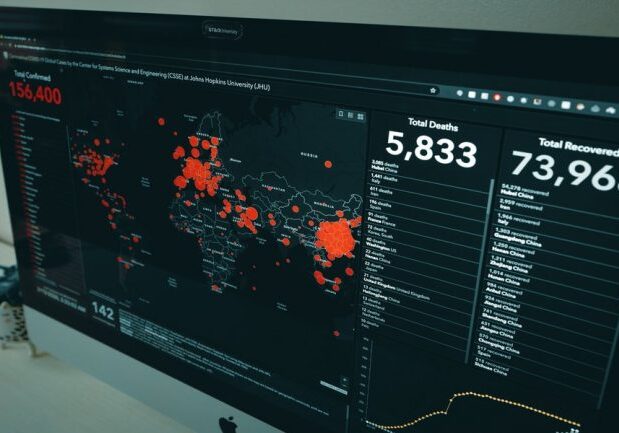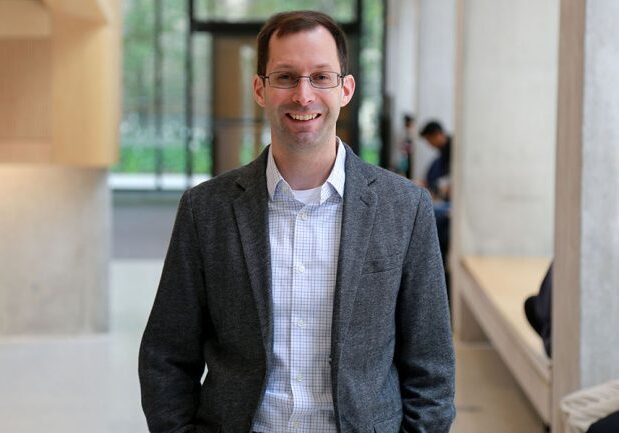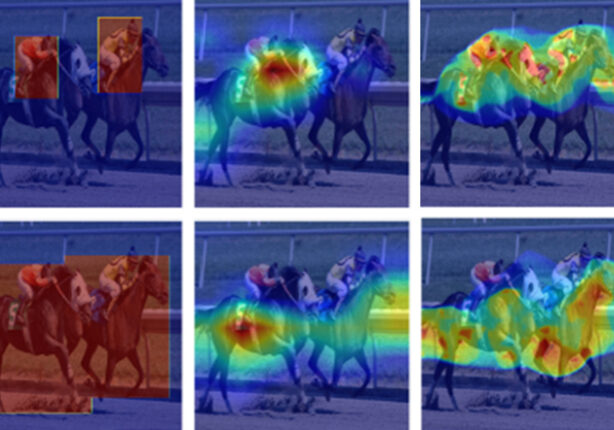
New ‘explainable’ artificial intelligence algorithm could lead to smarter manufacturing
The technology is the first product of a collaboration between ECE and LG’s AI Research division

Connaught Global Challenge: How big data can help athletes and sports teams play smarter
Through multidisciplinary collaboration, Professor Timothy Chan (MIE) aims to turn U of T into a global leader in sports analytics
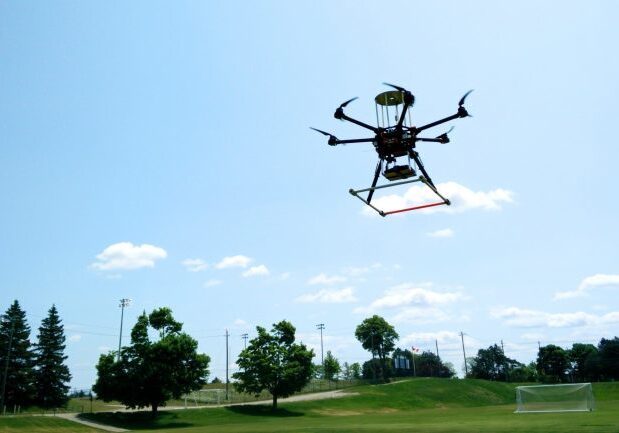
Five U of T Engineering projects receive funding boost for state-of-the-art research tools
Motion-capture equipment to explore and develop robust autonomous drones is among five infrastructure projects receiving funding support

Is there a better way for transit systems to deal with service disruptions?
U of T Engineering research aims to optimize the deployment of shuttle buses to replace downed rail service
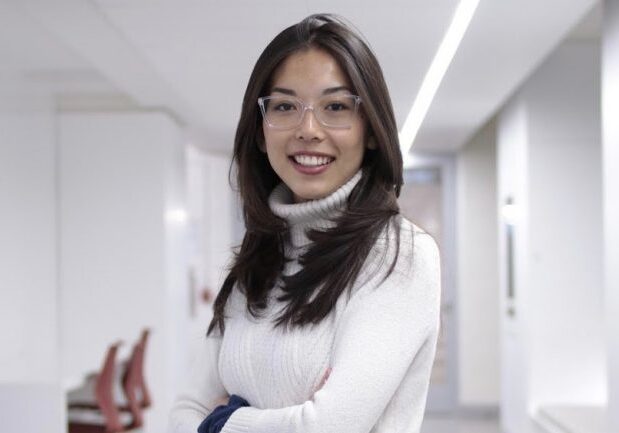
What’s contributing to the striking gender gap in the AI field? U of T Engineering study takes a closer look
Gender discrimination from teaching staff found to have significant impact on female students’ decisions to pursue ML/AI careers, with discrimination from peers more prevalent for women than men

Eleven U of T Engineering grad students receive Vector Institute Scholarships in AI
Students pursuing research in artificial intelligence will get access to networking opportunities and professional development workshops at the institute
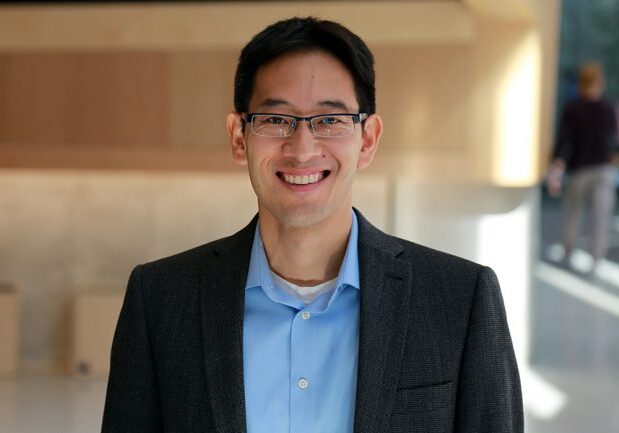
U of T Engineering team develops redeployment tool to optimize hospital staffing amid COVID-19
Team hopes pilot test leads to integration in hospital pandemic planning, future use in care homes

